eXtensions - Monday 18 August 2025
By Graham K. Rogers
![]()
Two groups of year 3 Electrical Engineering students at Mahidol Engineering, won prizes in the Delta Cup 2025 competition, organized by Delta Electronics. The Grand Prize winners produced a concept for an autonomous wheelchair system to be used in a hospital. The other group repurposed an earlier project into a system for finding and reporting track faults on railways.
Delta Electronics, a manufacturer of electrical and electronic components, has been established in Thailand for several years. They have made equipment for several companies over the years, including Apple. The company has been heavily involved in reaching out to universities in recent years. They have been to the Faculty of Engineering for the Open House recruitment days, and have also run workshops for students at the Faculty's Innogineer Lab.
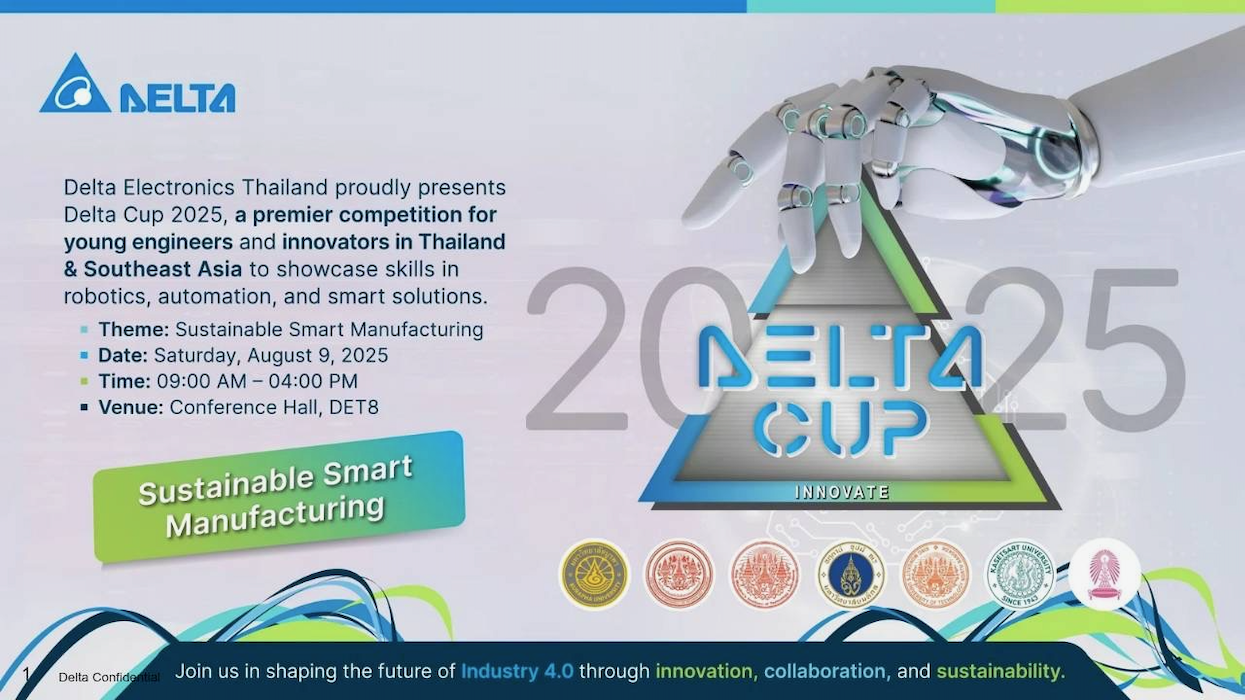
As part of their approach to engagement with universities in Thailand, Delta Electronics run an annual contest to find innovative projects developed by students. The Delta Cup 2025 was held recently at the premises of Delta Electronics in Samut Prakhan. Students from seven universities entered this year's competition. Each group had 3-4 members. Two of the groups at the event were year 3 students from the Electrical Engineering department of Mahidol Engineering. The Blue Balaenas group was overall winner and took the Grand Prize, which includes a 3-day trip to the Delta premises just outside Shanghai. The other group, Oceanus Mumoai, was winner of an "Honorable Mention" Prize.
The Blue Balaenas group (named after the blue whale that the students felt symbolizes the faculty) had four members, two of whom also won a prize last month at the AI Biznovation Hackathon last month:
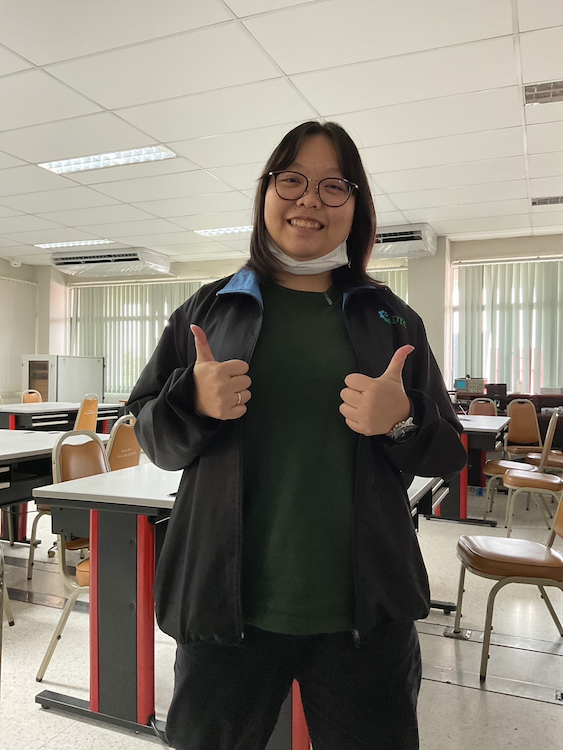
|
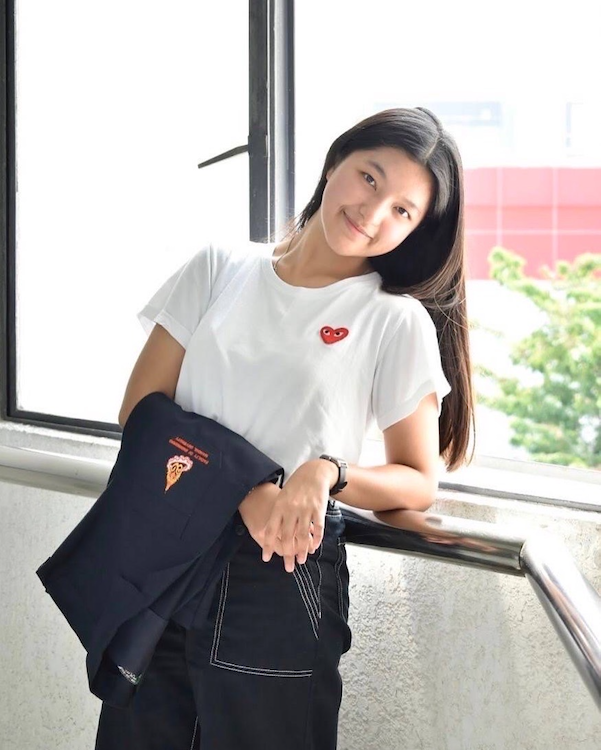
|
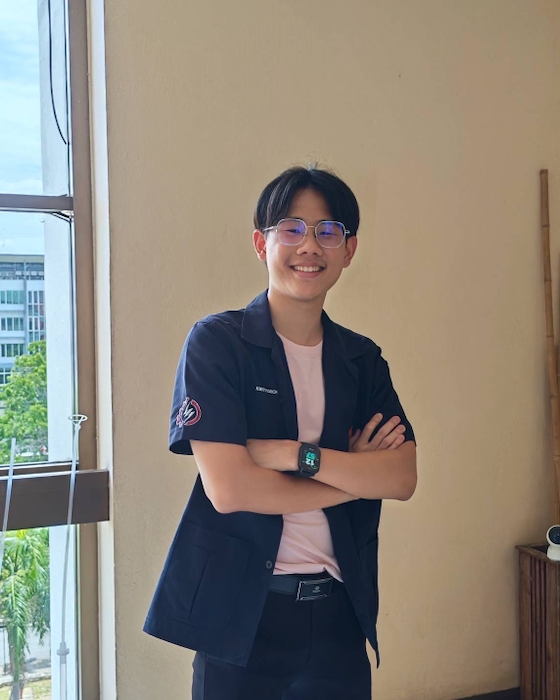
|

|
The four members of the Oceanus Mumoai group were:
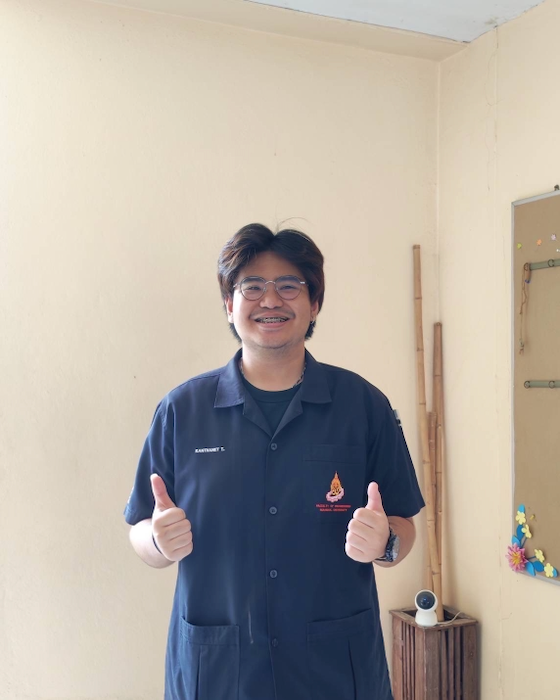
|
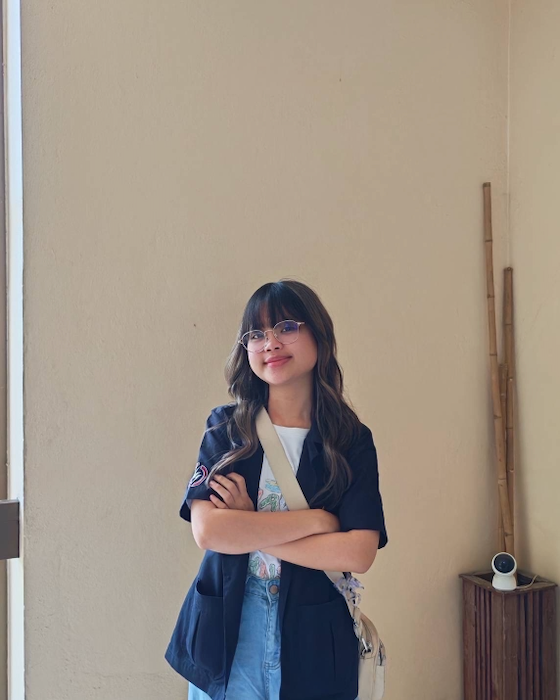
|
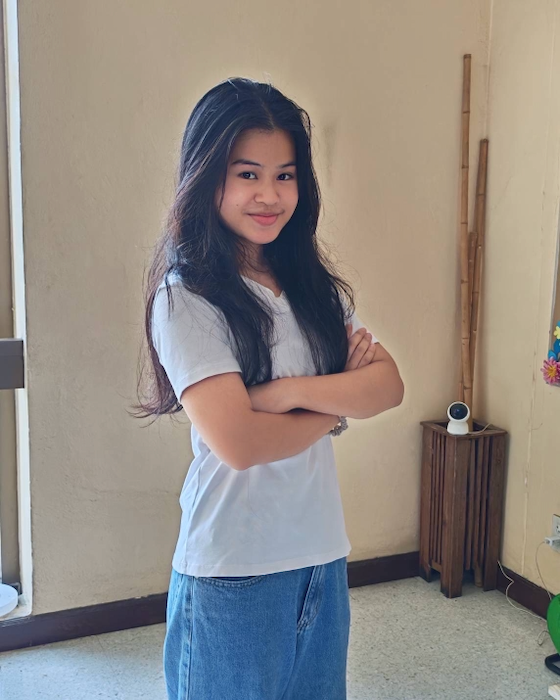
|
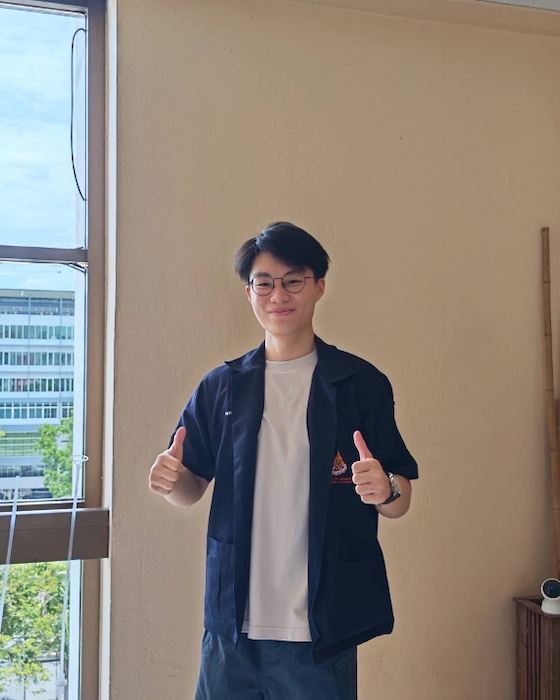
|
The project advisor for both teams was Dr. Siwapon Charoenchai. All of the students are members of the Robotics and Automation Club at the Faculty of Engineering.
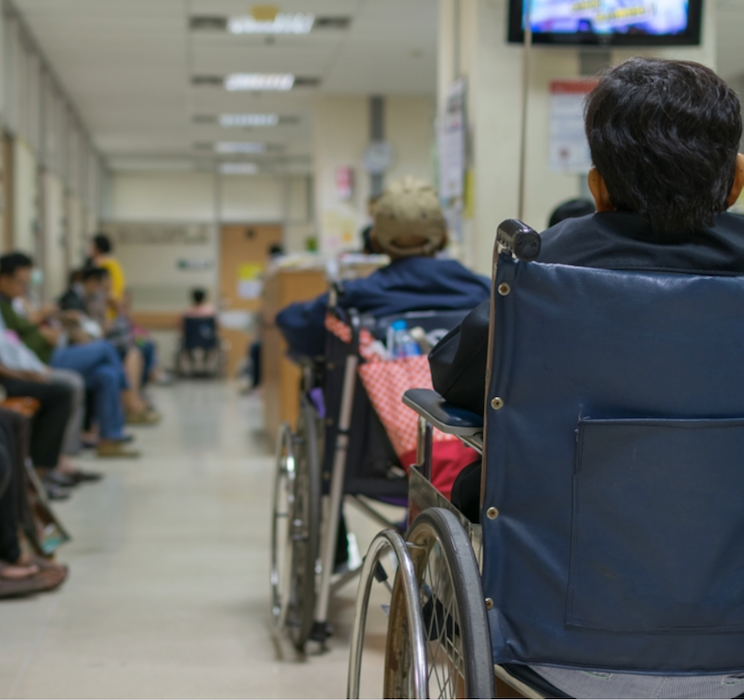
|
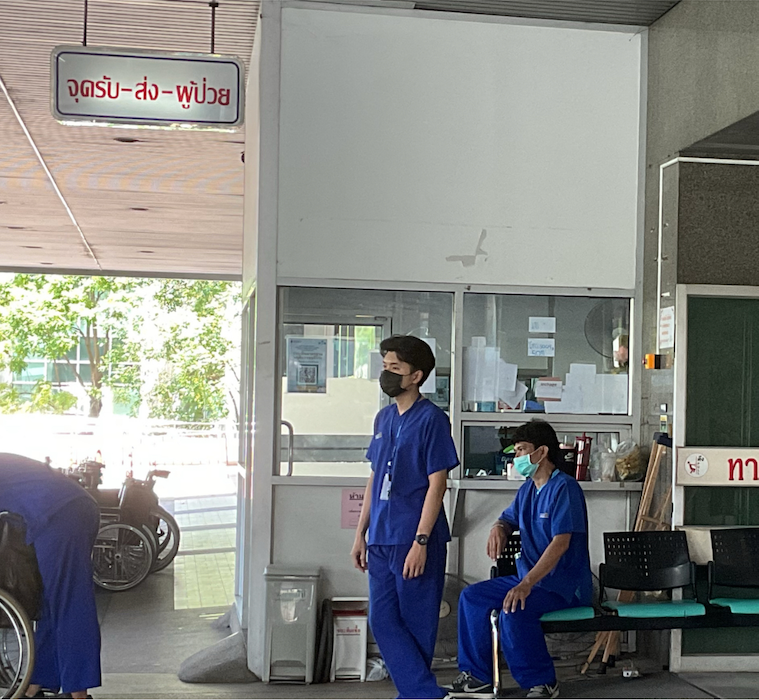
|
The winners of the Grand Prize, came up with a concept for a wheelchair system that was designed for use in hospitals. The prototype was designed to simulate the functions needed for effective movement of patients within a hospital where the numbers of porters was limited. They had visited a local hospital where they noted that sometimes patients were left waiting to be taken to different departments within the hospital.
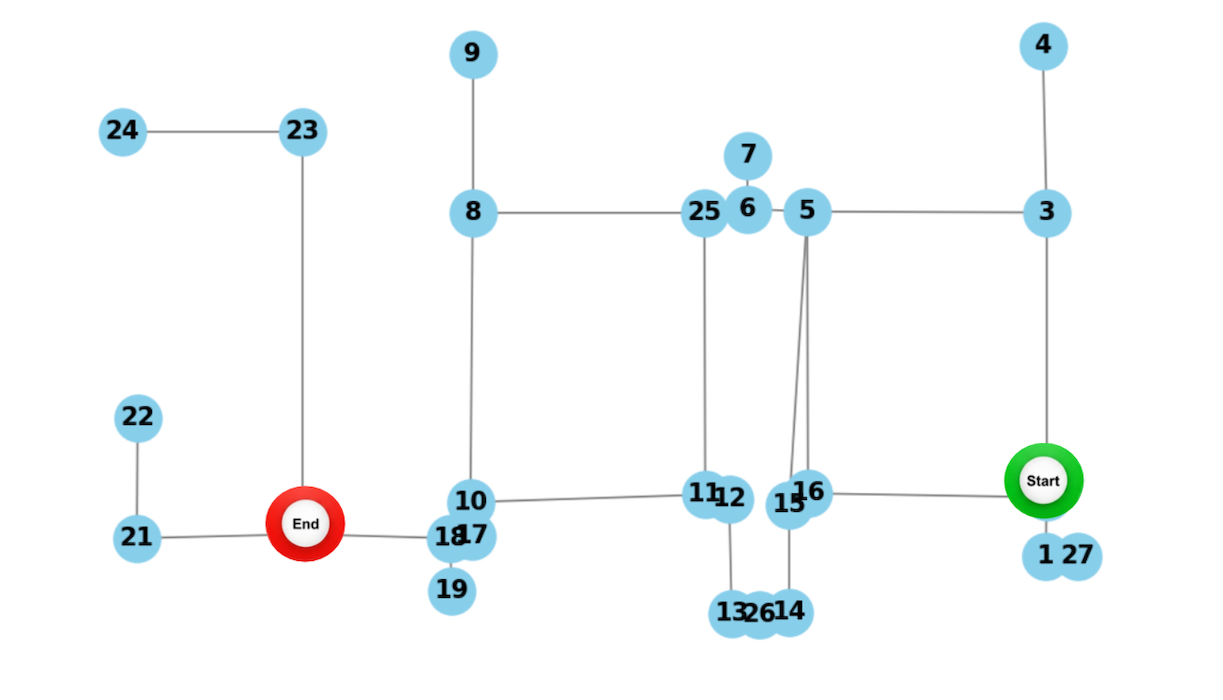
|
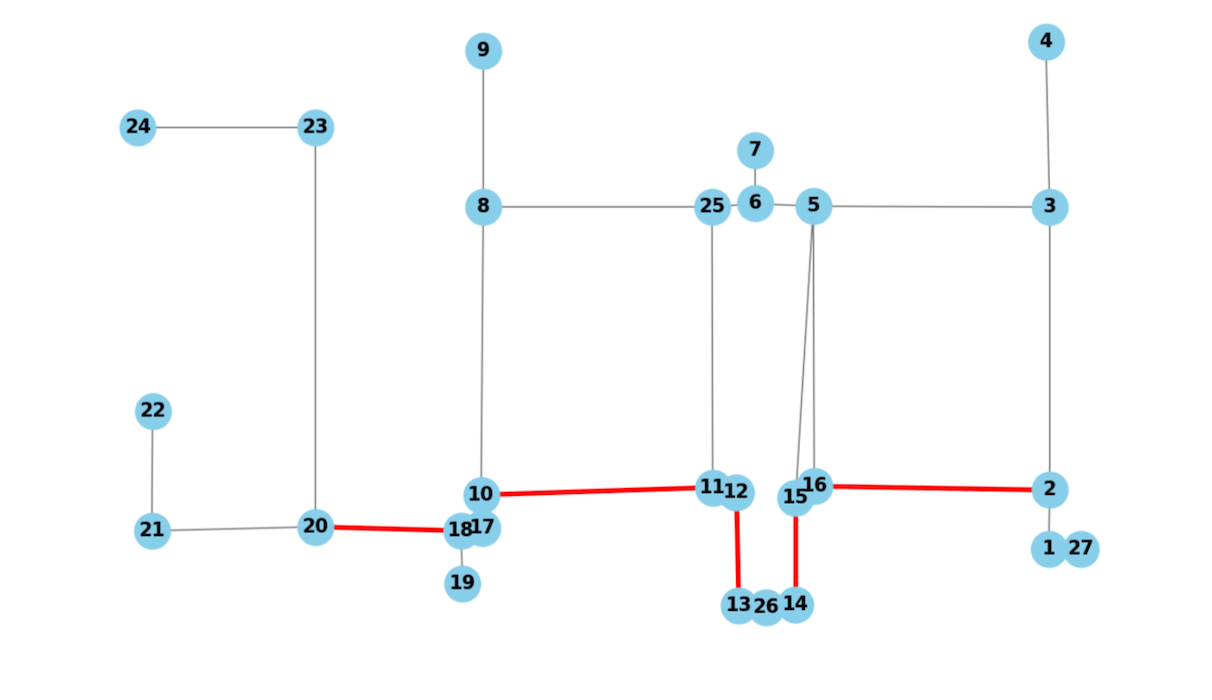
|
They applied some sound electrical engineering analysis in the outline concept for a system that incorporated the A* algorithm. This is widely used in pathfinding solutions: the best route between A and B calculating distance and energy that would be used in the process. As the hospital already has wheelchairs, their concept was to add an electric motor and the programmed system onto existing hardware.
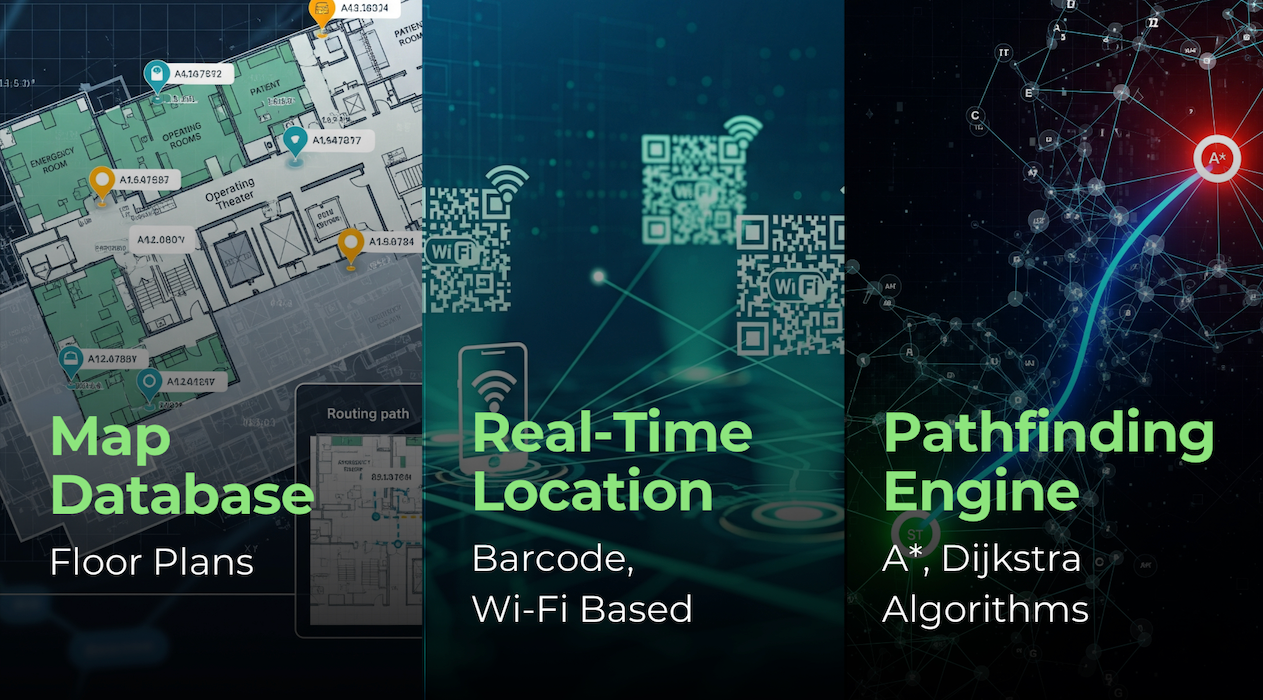
The other group also applied some unusual thinking when they repurposed an already-existing project for basketball to serve as a design concept for a lightweight system to check for faults on railway tracks. The team had earlier built a robot for shooting basketballs and entered this in the TPA Robocon competition.
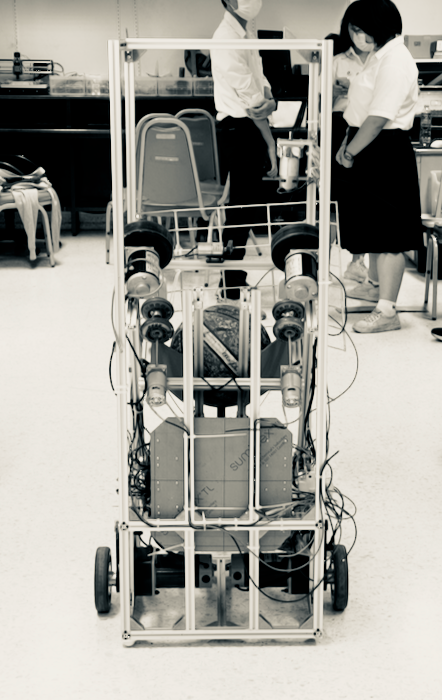
|
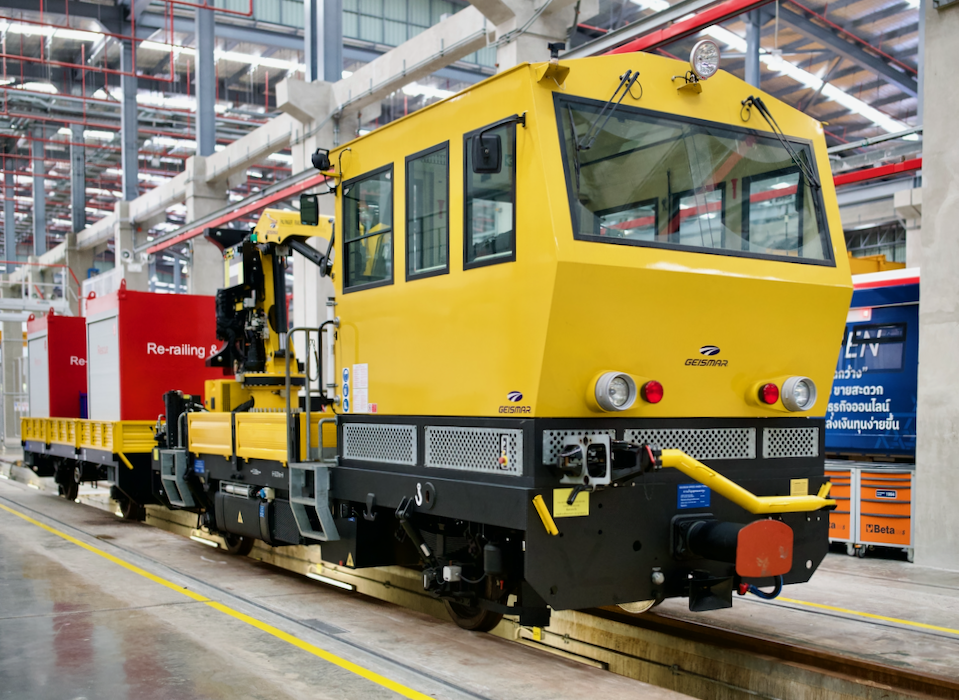
|
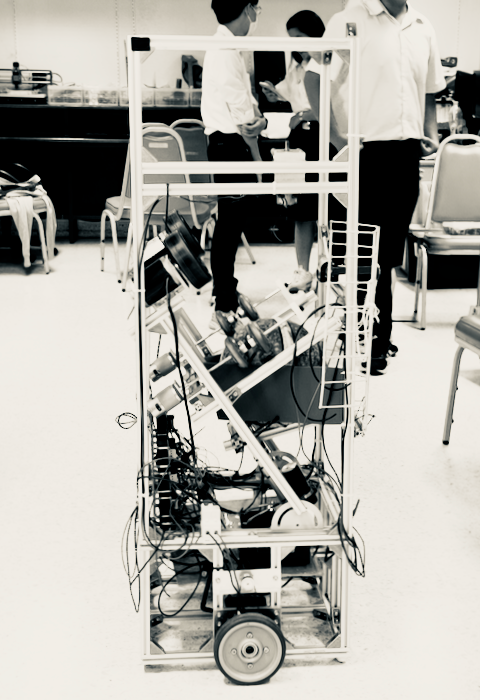
|
They decided that the body could be reworked (including an additional axle) and the movement functions redesigned so that the robot could be modified to work in railway systems. Its current size would make it relatively easy to adapt for the 1-meter gauge of most railway systems in Thailand.

As well as additional wheels the project design includes a LoRa (long range) radio communications system, so that the device could operate remotely and report faults - alignment, structural damage or vibration problems - directly to a central command system. The detection system is designed round LIDAR sensing technology (Light Detection and Ranging). Currently the project is at the concept stage, but as these groups will be developing Senior Year capstone projects in the near future, this could well see the light of day.
The success of these two student groups in the Delta Cup 2025 highlights the Faculty's commitment to hands-on learning. Students are encouraged to create real-world solutions for engineering challenges. It demonstrates the emphasis Mahidol Engineering places on early innovation and research experience. This empowers students to become future leaders in technology and in sustainable development.
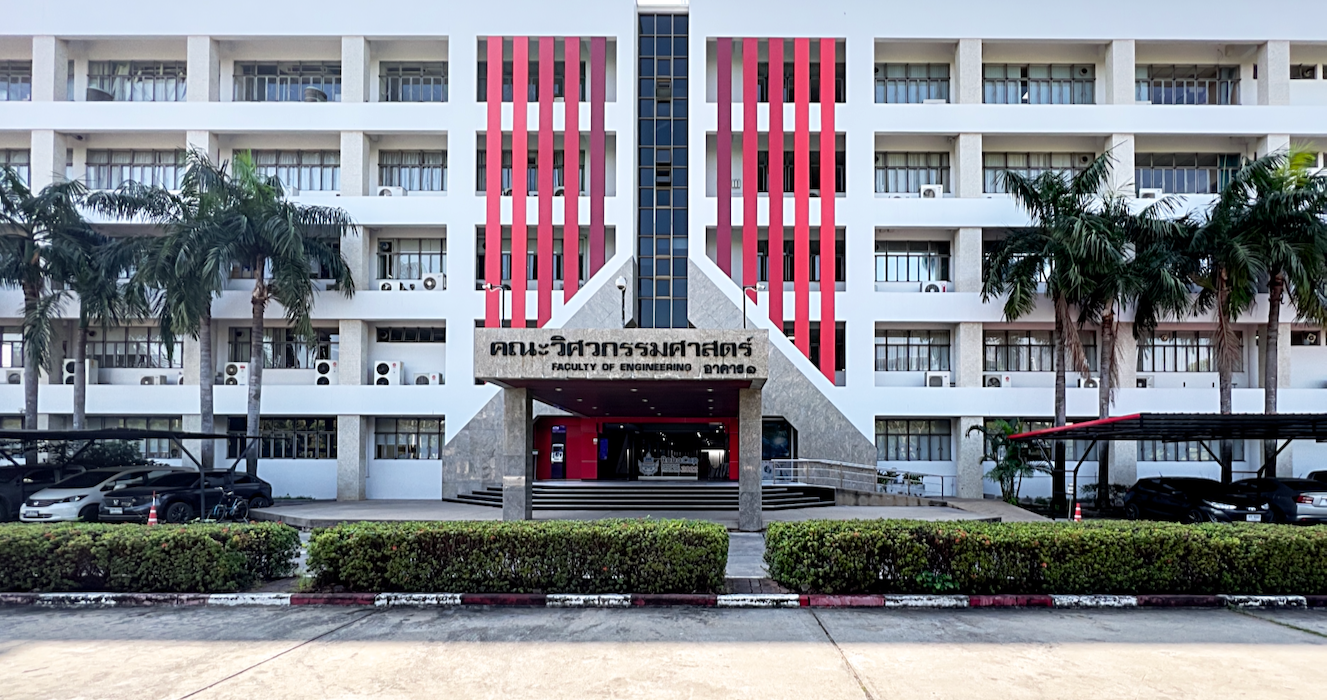
Graham K. Rogers teaches at the Faculty of Engineering, Mahidol University in Thailand. He wrote in the Bangkok Post, Database supplement on IT subjects. For the last seven years of Database he wrote a column on Apple and Macs. After 3 years writing a column in the Life supplement, he is now no longer associated with the Bangkok Post. He can be followed on X (@extensions_th). The RSS feed for the articles is http://www.extensions.in.th/ext_link.xml - copy and paste into your feed reader. No AI was used in writing this item.

For further information, e-mail to
Back to
eXtensions
Back to
Home Page